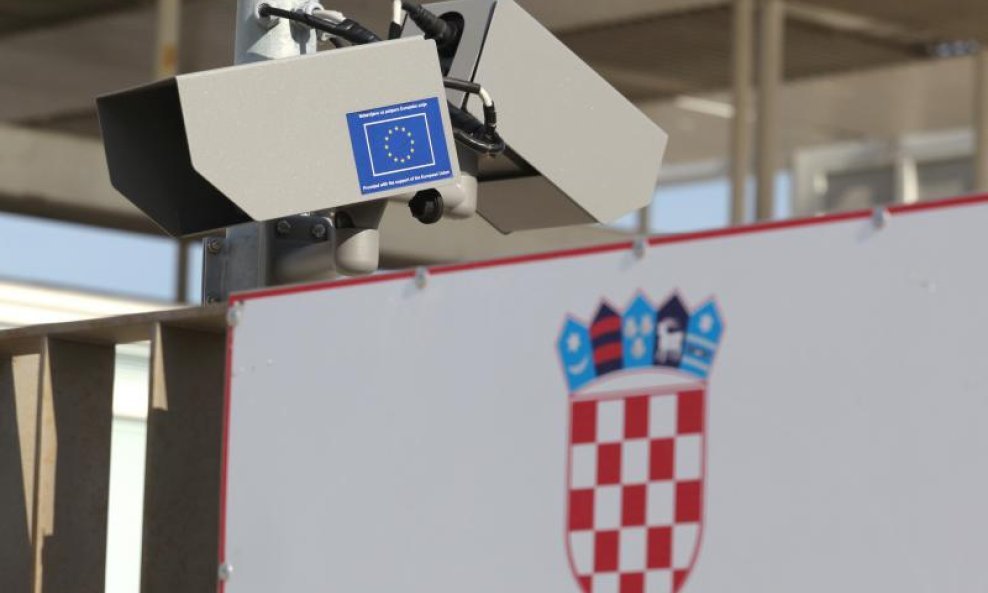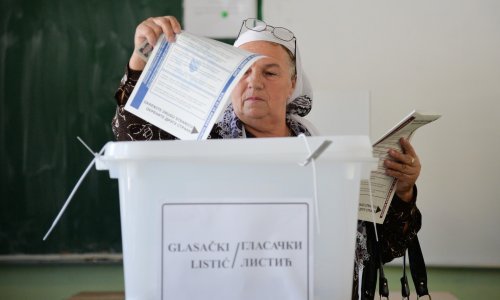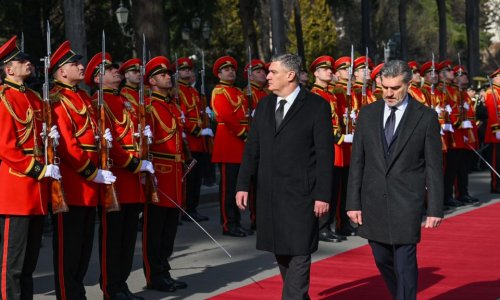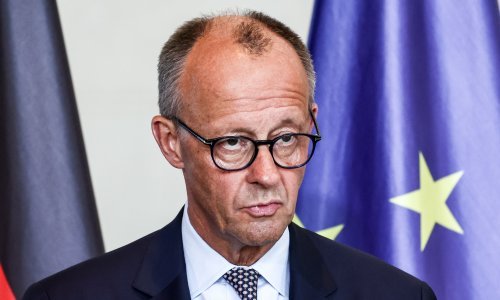After joining the European Union on July 1, Croatia should not have a poorer or much weaker position than it has now, when it comes to trade with its neighbours that will remain outside the EU, European Commission spokesman Peter Stano told reporters in Brussels on Friday when asked to comment on negotiations which the Commission was conducting with CEFTA (Central European Free Trade Agreement) countries on changing their Stabilisation and Association Agreements with the EU in light of Croatia's entry into the EU.
By joining the EU, Croatia will leave the CEFTA area, within which trade between the signatories to the agreement is completely liberalised, and will follow the Union's trade policy towards third countries, including CEFTA countries which comprise the Western Balkans countries and Moldova.
Trade between the EU and the Western Balkans countries is conducted according to their respective Stabilisation and Association Agreements (SAA), which should now be amended to take into account the changes caused by Croatia's accession to the EU. Negotiations on behalf of the EU member states, including Croatia, are conducted by the European Commission.
The government of Bosnia and Herzegovina, or the Council of Ministers, confirmed in Sarajevo on Friday that the EU's Director-General for Enlargement, Stefano Sannino, had sent a letter to the Chairman of the Council of Ministers, Vjekoslav Bevanda, asking Bosnia and Herzegovina to allow Croatia to export its commodities to Bosnia and Herzegovina under the present customs-free regime beyond July 1 and to apply the same regime to all EU member states as a requirement for the liberalisation of the export of some products from Bosnia and Herzegovina to the EU.
According to the Sarajevo newspaper Oslobodjenje, Sannino reminded Bevanda that since 2008 the SAA has provided for an asymmetrical preferential trade regime with Bosnia and Herzegovina to its benefit, as Sarajevo has retained customs duties on many agricultural products from the EU.
Bosnia and Herzegovina has so far resolutely insisted on protecting its market after Croatia's EU entry, saying that it will not give up its plan to impose customs duties on products from Croatia. Alternatively, it has proposed that Croatian companies relocate their plants to Bosnia and Herzegovina.





































